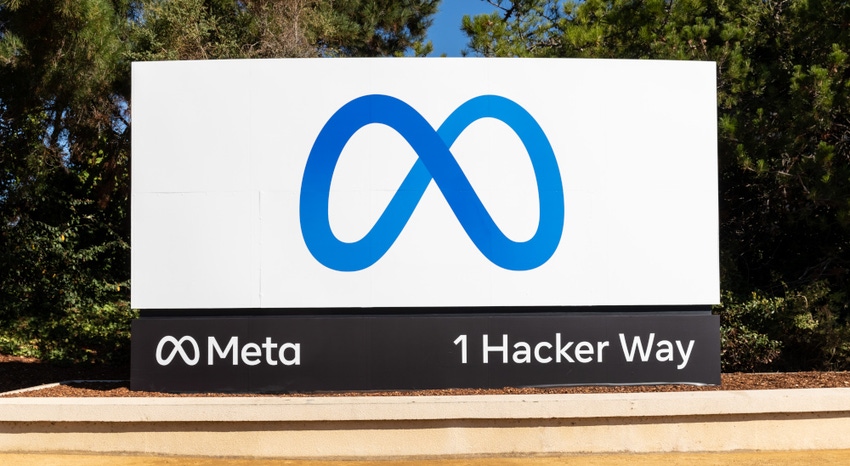Another 10,000 workers at Facebook parent Meta will be shown the door in the coming months.
March 15, 2023

Another 10,000 workers at Facebook parent Meta will be shown the door in the coming months.
In a company-wide memo, CEO Mark Zuckerberg provided an update on what he calls Meta’s “Year of Efficiency”, which is his own way of saying the company needs to become a leaner, more agile organisation with technology firmly at its core.
Achieving this means axing multiple layers of middle management and increasing the ratio of engineers to non-tech roles. It also means closing down low-priority projects that have been driving up indirect costs in the HR and IT departments, and taking up too much office space.
“For most of our history, we saw rapid revenue growth year after year and had the resources to invest in many new products. But last year was a humbling wake-up call. The world economy changed, competitive pressures grew, and our growth slowed considerably,” Zuckerberg wrote on Tuesday. “We scaled back budgets, shrunk our real estate footprint, and made the difficult decision to lay off 13 percent of our workforce.”
Last year’s cull doesn’t seem to have entirely stopped the rot though, and the current economic gloom doesn’t look like it is going to lift any time soon, so more employees will have to be sacrificed.
“Over the next couple of months, org leaders will announce restructuring plans focused on flattening our orgs, cancelling lower priority projects, and reducing our hiring rates,” Zuckerberg said. “Overall, we expect to reduce our team size by around 10,000 people and to close around 5,000 additional open roles that we haven’t yet hired.”
The hiring freeze means that Meta’s recruitment team is among those departments that also faces cutbacks.
“This will be tough and there’s no way around that. It will mean saying goodbye to talented and passionate colleagues who have been part of our success. They’ve dedicated themselves to our mission and I’m personally grateful for all their efforts. We will support people in the same ways we have before and treat everyone with the gratitude they deserve,” Zuck said.
The pay-off for this pain is a Meta that “will execute its highest priorities faster,” he continued, adding that the staff that are left will be more productive, and will find their jobs “more fun and fulfilling.”
Sure, nothing screams ‘happy workplace’ louder than a load of empty desks that until recently were occupied by colleagues and friends.
Perhaps the most interesting snippet of Zuck’s morale-crushing memo relates to remote working.
According to Meta’s own analysis, engineers who work on site – or who joined the company in-person before switching to remote working – perform better on average than those who were hired remotely and work off site.
“This analysis also shows that engineers earlier in their career perform better on average when they work in-person with teammates at least three days a week. This requires further study, but our hypothesis is that it is still easier to build trust in person and that those relationships help us work more effectively,” Zuckerberg said.
“I encourage all of you to find more opportunities to work with your colleagues in person,” he added.
This is quite a stunning revelation from the company that bet its future on enabling people to be as productive and fulfilled in the virtual world as they are in the real one. What does Meta stand for if it has to gently encourage its own staff to meet face-to-face?
The metaverse is admittedly a work in progress, and the final, polished version might well live up to its billing. But Zuck’s memo gives the impression that today at least, Meta is out of step with reality.
Get the latest news straight to your inbox. Register for the Telecoms.com newsletter here.
About the Author(s)
You May Also Like








.png?width=300&auto=webp&quality=80&disable=upscale)


_1.jpg?width=300&auto=webp&quality=80&disable=upscale)


.png?width=800&auto=webp&quality=80&disable=upscale)